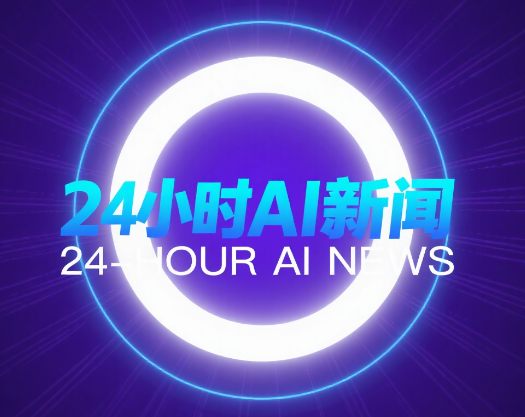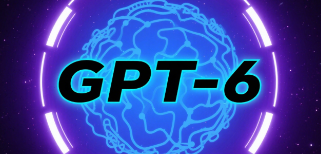In the past 24 hours, there have been a number of important developments in the global AI industry. OpenAI launches "ChatGPT Go" with the lowest price subscription in India; Meta adjusts the "super-smart lab" again; Nvidia was exposed to develop new chips with Blackwell architecture for the Chinese market; Adobe unveils new Acrobat Studio to bring PDFs to the era of AI conversations; Some provisions of the UK Data and Access Act have officially come into effect, and AI compliance regulations continue to advance.
1. OpenAI launches "ChatGPT Go" in India
1. OpenAI launches a low-cost subscription "ChatGPT Go" limited to India, with a monthly fee of 399 rupees (about $4.57).
2. Compared with the free version, the quota and response speed are higher, and it is positioned as an entry-level paid file.
3. Currently only available in India, it may be expanded to other markets in the future.
2. Meta reorganizes the "Superintelligence Lab" again
1. Meta splits the "Superintelligence Labs" into four teams, including research, product, infrastructure and the newly established TBD Lab.
2. The restructuring aims to accelerate the research and implementation of superintelligence.
3. This is Meta's fourth AI architecture adjustment in half a year.
3. Nvidia may launch a Chinese version of Blackwell chips
1. Industry sources say that Nvidia is developing a new chip codenamed B30A, based on the Blackwell architecture.
2. The performance is better than the H20 sold in compliance, and the computing power is about half that of the B300.
3. The sample will be sent for testing as soon as next month, but whether it can pass the supervision is still uncertain.
4. EliseAI completes $250 million in financing
1. EliseAI announced the completion of a new round of financing, led by a16z, with a post-investment valuation of more than $2.2 billion.
2. The funds will be used for the research and development of medical and housing automation products.
3. The industry believes that this is a representative case of AI landing in vertical industries.
5. The UK Data (Use and Access) Act comes into effect today
1. The British government announced that the first phase of the bill will officially come into effect on August 20.
2. The focus includes giving ICOs new statutory goals and requiring the government to release AI and copyright progress reports.
3. The bill is advancing in parallel with the EU AI Act to further strengthen the compliance framework.
6. Adobe Releases Acrobat Studio
1. Adobe launches Acrobat Studio, integrating PDF, Express, and AI assistants into a new workbench.
2. Support cross-document dialogue and citation in "PDF Spaces".
3. Subscription price $24.99/month for the individual version and $29.99/month for the team version (paid annually).
7. U.S. polls show that AI employment concerns are intensifying
1. A Reuters/Ipsos survey found that most Americans are worried that AI will replace jobs in the long term.
2. The main concerns are focused on income and social security.
3. Trigger extensive discussion on retraining and regulatory policies.
8. Accelerating Industrial Applications: Yokogawa Launches AI Loading Optimization Solution
1. The new solution can shorten the loading and loading planning time and take into account complex constraints.
2. It is used in the scheduling optimization of refining and process industries.
3. It shows that industrial AI has an increased demand for "explainable and constrainable".
Frequently Asked Questions (Q&A)
Q: What is the difference between ChatGPT Go and ChatGPT Plus?
A: ChatGPT Go has a lower price, higher quota and speed than the free version, but fewer benefits than Plus, and is only piloted in India.
Q: Will Meta's restructuring affect the direction of AI research?
A: The restructuring is mainly due to organizational structure adjustments, and the research direction remains unchanged, but the new TBD Lab emphasizes cutting-edge exploration.
Q: What does Nvidia's B30A chip mean for the Chinese market?
A: If approved, it will provide compliant, higher-performance GPUs to alleviate the supply gap, but performance and export restrictions remain.
Q: How is Acrobat Studio different from traditional Acrobat?
A: Added multi-document AI conversations, auto-citation, and Express authoring tools, positioning it as a unified productivity platform.



